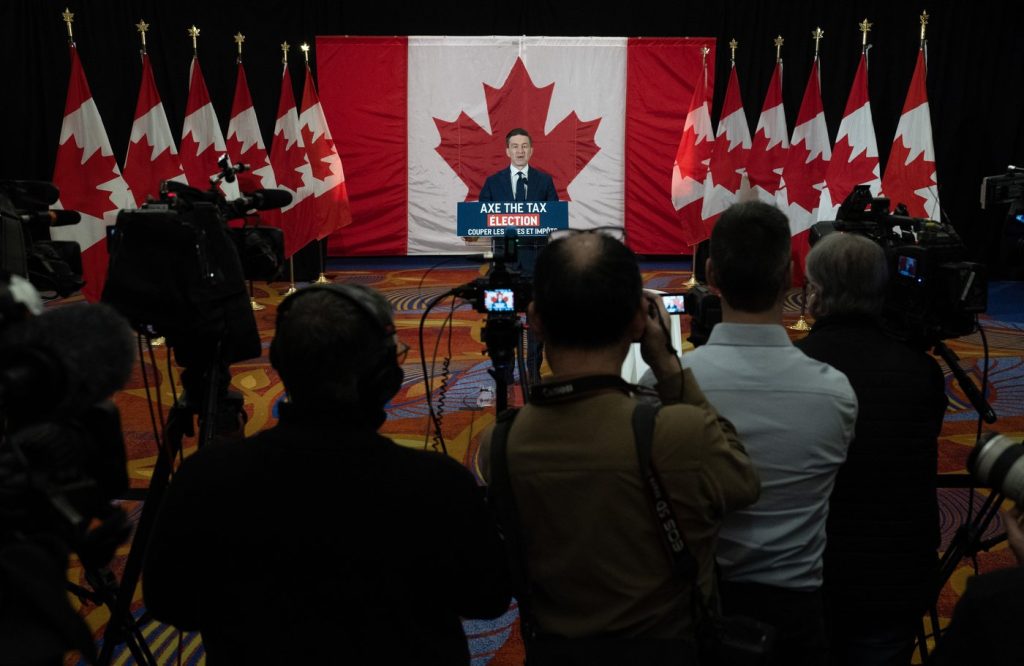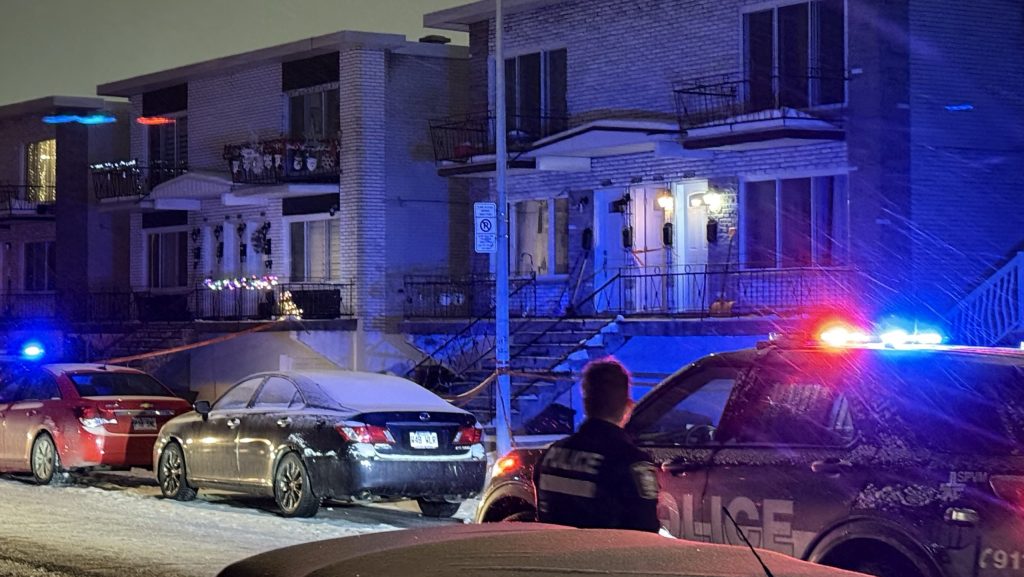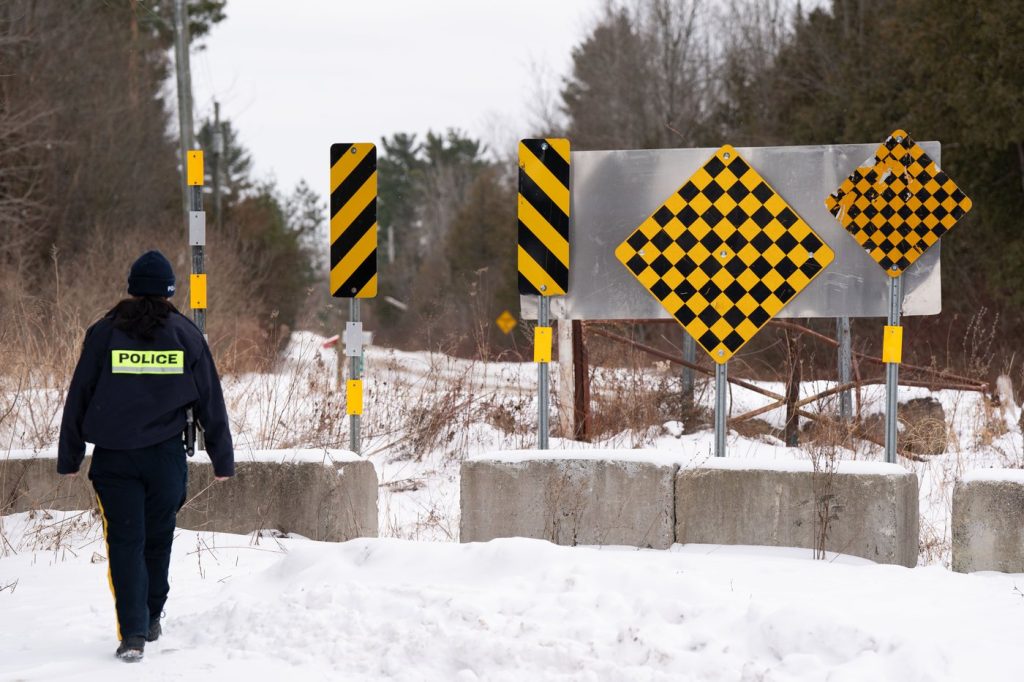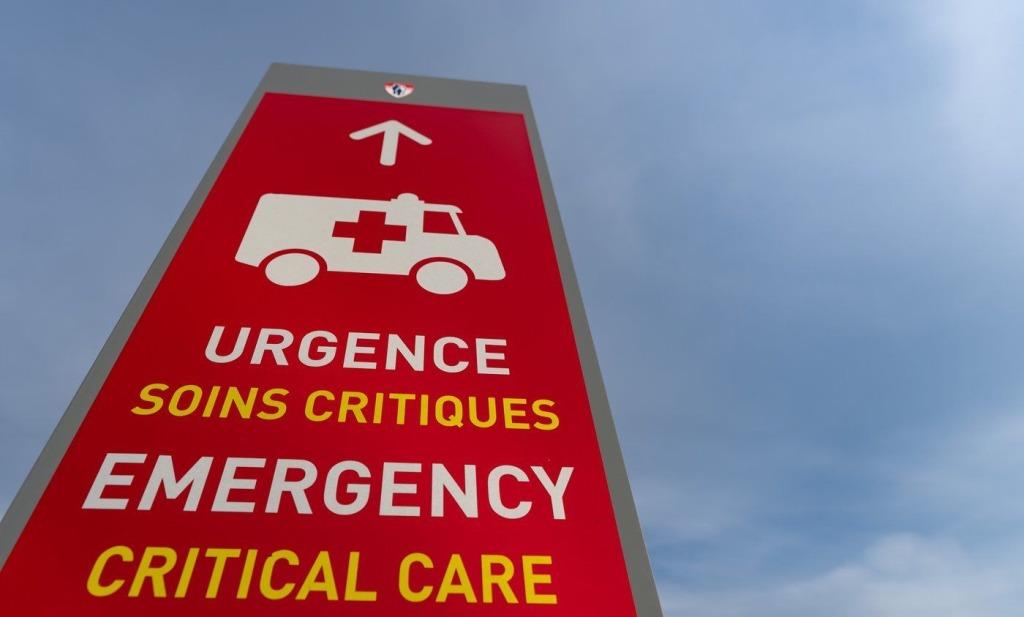Poilievre says the next Canadian election will be about the carbon price

Posted January 9, 2025 5:27 pm.
Last Updated January 10, 2025 9:01 am.
OTTAWA — Pierre Poilievre returned to Ottawa on Thursday after the holidays with a familiar demand for Justin Trudeau: call a carbon-tax election.
Neither Trudeau’s announcement that he plans to resign as Liberal leader nor U.S. president-elect Donald Trump’s recent rhetoric about using “economic force” to take over Canada seem to have swayed the Tory leader, who said the ballot-box question — and even his opponent — remain the same.
“It’s ironic, we have an American president who’s threatening tariffs on Canada and we have a Canadian government that is threatening even more devastating tariffs on Canada in the form of a carbon tax,” he said.
Poilievre added that Trump would likely be happy to see the consumer price on carbon rise in April, as scheduled, because “he’ll be on the phone with our trucking companies, our factories, our mines, he’ll be saying ‘Pick up your billions of dollars and move 50 kilometres south, create the jobs for Americans.'”
Trump has threatened to impose a 25 per cent tariff on all Canadian goods when he takes office later this month. In response the federal government released a $1.3-billion plan to beef up the border, but Trump has not backed down.
Poilievre said the country needs a prime minister who can make the case to economic allies in the United States that tariffs will be harmful to American businesses, and that Canada has opportunities including vast amounts of green energy to power artificial intelligence that’s being developed in Silicon Valley.
But when asked which allies he’s speaking with south of the border, Poilievre said, “Look, I’m not the prime minister.”
He said he’s asking for an election so that he has a clear mandate to “put our country first, to make the case to the Americans.”
Poilievre spoke to reporters Thursday for the first time since Trudeau announced his plans to resign once the Liberal party chooses a new leader.
Trudeau also prorogued Parliament on Monday, hitting pause on all debate in the House of Commons until March 24.
The next federal election must be held by October, but it is likely to happen this spring instead. All opposition parties have pledged to bring down the minority government with a non-confidence vote once Parliament resumes.
Poilievre, who has led Trudeau in the polls for over a year, said no matter who leads the Liberal party in March, he will be effectively running against Trudeau in the next election because “they’re all just like Justin.”
He singled out three people widely believed to be among the contenders for the top job — former finance minister Chrystia Freeland, former Bank of Canada governor Mark Carney and former B.C. premier Christy Clark — referring to them as “carbon tax Chrystia,” “carbon tax Carney” and “carbon tax Christy.”
While all three are reported to be mulling a run for the Liberal leadership, none have formally declared their candidacy.
The Liberal party said Thursday night that a new leader would be announced on March 9 after a leadership vote. Candidates have until Jan. 23 to declare their participation in the race.
This report by The Canadian Press was first published Jan. 9, 2025.








